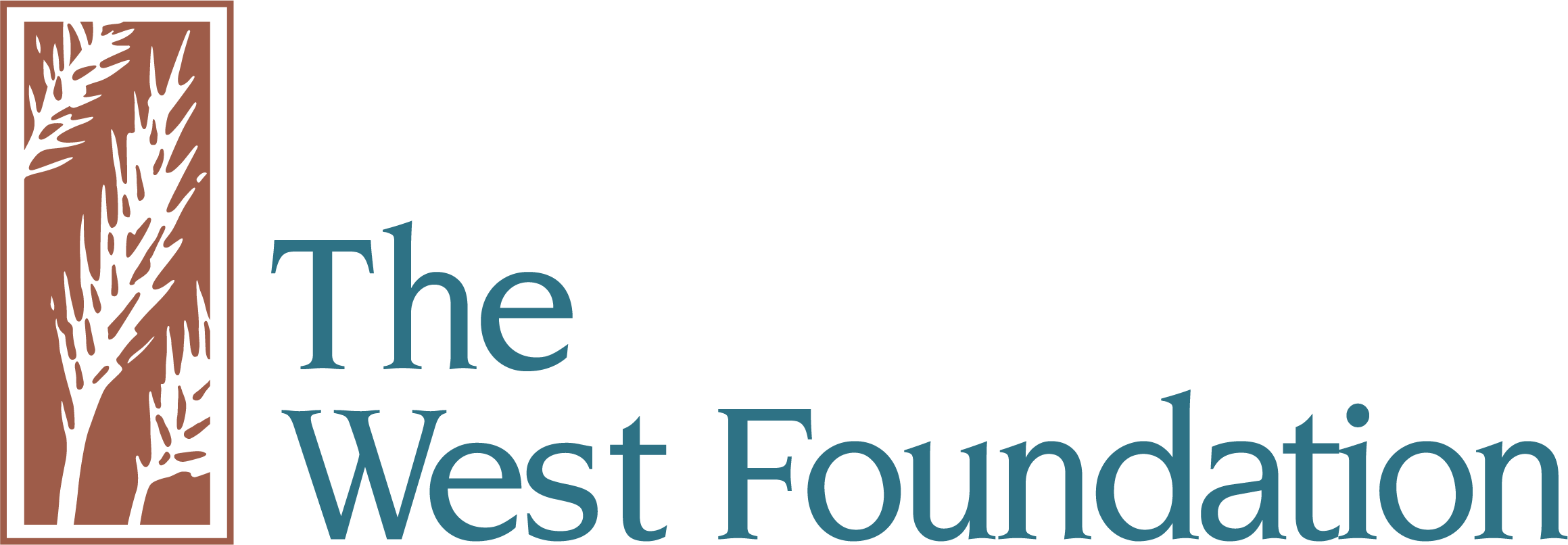Learn more about Ubuntu Pathways
1. Tell us about your mission.
Ubuntu Pathways’ mission is to break the cycle of poverty by providing South Africa’s most vulnerable children with what all children deserve––everything, every day. Operating out of a state-of-the-art campus in the heart of Port Elizabeth’s townships, we provide transformative health, education, and household stability services to 2,000 children and their families. The Ubuntu Model, our revolutionary theory of change, encompasses four guiding tenets:
• Cradle to career pathway out of poverty that includes dynamic educational programs, life-saving healthcare, and sustained household stability services
• Depth rather than breadth of impact by continuously improving program quality to meet clients’ evolving needs
• Localized, grassroots development to mitigate the specific challenges that Port Elizabeth’s townships face
• Sustainable investments in community leadership, capacity, and infrastructure
We target not just the symptoms, but the root causes of poverty. By offering individualized services to every client, we help them overcome hardships to lead healthy, financially stable lives. This comprehensive support system enables our clients to advance towards a lifetime of success.
2. How is The West Foundation supporting your mission?
The West Foundation has supported Ubuntu’s cradle-to-career for years. Ubuntu’s mission requires an individualized, grassroots approach to development. Our community’s needs are constantly evolving, and we must be ready and equipped to meet them.
3. Considering your impactful work to eliminate poverty, how is The West Foundation’s philanthropic support providing you with sustainability and mobility?
The West Foundation has allowed us to achieve this mission not only through its steadfast support, but also by trusting us enough to provide unrestricted funding to our operations. Nothing better exemplifies the importance of this funding approach—and the sustainability and mobility it provides—than the COVID-19 pandemic. This outbreak has posed an existential threat to disadvantaged communities around the world. Within a matter of weeks, Ubuntu had to pivot away from “normal” operations to become a COVID-19 response center. We not only had to prepare for the impending medical crisis in the townships, but also the food security and domestic abuse crises brought on by the region’s economic collapse. In this moment of critical need, our team could rely on funding from The West Foundation as we sought to respond to an unforeseen and unprecedented challenge.
4. How are you realizing your potential?
For the past two decades, Ubuntu has sought to expose and break down deeply rooted barriers to prosperity and success in our community. In South Africa, the country’s entrenched social inequality oppresses the Black majority. Abject poverty is pervasive, and the gap between the rich and poor grows ever-wider. Port Elizabeth’s townships are reminders of apartheid’s systemic segregation—while health care and education systems are composed of well-funded, private facilities for the wealthy, the poor are relegated to overcrowded, under-resourced, public facilities.
Over the past few months, COVID-19 has shown a spotlight on these fissures of social inequality across the world. Those who have the most limited access to health care and education—such as the people of Port Elizabeth’s townships—are the ones who are disproportionately affected by the pandemic. While Ubuntu has pivoted our service provision to best mitigate the effects of the pandemic in the townships, this pivot is, in essence, a more targeted and intensified version of our previous 20 years of service to our community. While our response project will provide immediate, life-saving services to those in greatest need, it will just as urgently contribute to our core mission, breaking down social inequalities and affirming every human’s right to live a healthy, fulfilling life. In this way, we are realizing the full vision and potential of Ubuntu.
5. What’s one important thing you want others to know about your organization?
At Ubuntu, we do not measure success by the number of children we reach, but by how deeply we impact each child’s life. As a result, our clients are re-writing their own futures and the wider narrative of what disadvantaged communities can accomplish.
6. How can people reading this help you?
Donate! During this unprecedented crisis, every dollar matters. The generosity of our donors literally translates into medication, food on the table, and other life-saving interventions for children and families in need. You can also get creative––create a birthday fundraiser, run a race, start a school Ubuntu club, or become a monthly THRIVE member. From cryptocurrency to planned giving, there are so many ways to contribute to our work in a meaningful way. Plus, you can always create awareness of our work and mission in your own networks.
7. What are your deepest needs as an organization?
As Ubuntu continuously seeks to grow and develop as an organization, we have a deep and urgent need for funders who understand and support our theory of change. Ubuntu seeks to fundamentally change the lives of each child and family we serve. Just as any parent or caregiver knows, supporting a child’s growth and development is a long, hard, and often non-linear process. Every individual has their own unique needs, as well as their own moments of triumph and setbacks. Ubuntu aims to be holistic and unwavering in our support – but in order to achieve this ambitious goal, we need funders who follow the example of The West Foundation and trust those on the ground to possess the experience and judgement needed to best utilize unrestricted funds. Ubuntu does not decide to spend any dollar lightly—resources are scarce in our community and thus extraordinarily valued. To have the trust and mutual understanding of additional funders who understand this dynamic would be game-changing not only for Ubuntu, but the entire industry.

